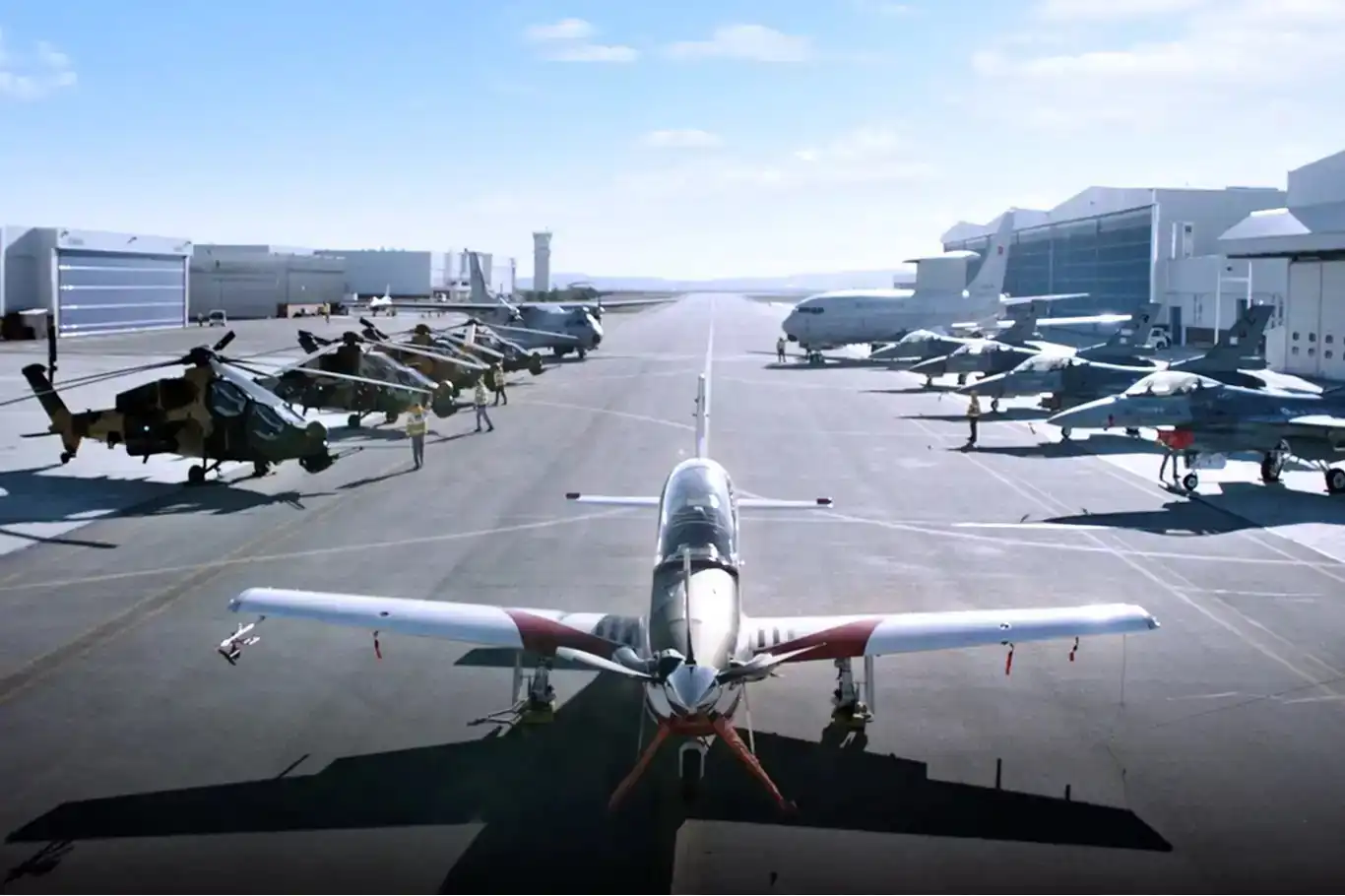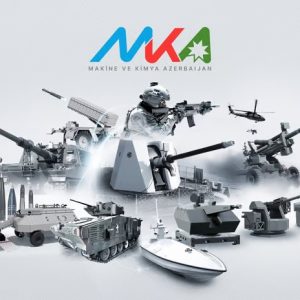Türkiye’s defense and aerospace industry has become a cornerstone of national security and technological independence. In 2023, its defense budget reached USD 15.8 billion (SIPRI, 2024), while exports surpassed USD 5.5 billion, placing Türkiye among the top 15 defense exporters worldwide. Over 1,300 member companies across 49 cities, including 29 universities (SAHA Istanbul, 2025), contribute to this rapidly expanding ecosystem—strengthening innovation capacity and indigenous production.
Key Facts
- Defense budget (2023): USD 15.8 billion
- Exports (2023): USD 5.5 billion — Top 15 globally
- Companies & universities: 1,300+ firms / 29 universities across 49 cities
- R&D investment: 1.6% of sector turnover
- Export markets: 180+ countries
- Flagship platforms: KAAN, Bayraktar TB2, ATAK, MİLGEM, SİPER
R&D Investments and Technological Capabilities
Türkiye dedicates 1.6% of its defense sector’s annual turnover to research and development. This sustained investment fuels rapid innovation in missile systems, unmanned aerial vehicles (UAVs), and emerging space technologies.
According to the Presidency of Defence Industries (SSB), more than 80% of current programs rely on indigenous designs, reinforcing national autonomy and reducing external dependency.
Flagship projects such as MİLGEM warships, ALTAY main battle tanks, ATAK helicopters, Bayraktar TB2 and AKINCI UAVs, and the SİPER air-defense system underscore Türkiye’s capacity for high-technology production. The forthcoming KAAN National Combat Aircraft, expected in service by 2032, will place Türkiye among the select nations capable of manufacturing fifth-generation fighters.
Economic Performance and Export Expansion
The sector’s turnover has surged from USD 1 billion in 2002 to USD 12.2 billion in 2023 (SSB). Its project portfolio now exceeds USD 60 billion, reflecting solid domestic procurement and accelerating global demand.
Exports have more than tripled over the past decade, reaching USD 5.5 billion. Türkiye currently delivers advanced defense systems to over 180 countries, led by UAVs, armoured vehicles, and naval platforms.
Major export destinations include NATO allies, Gulf partners, and an increasing number of African states, underscoring the country’s widening industrial and diplomatic reach.
Civil Aviation and National Connectivity
Türkiye’s civil aviation sector complements this defense ecosystem by reinforcing logistics, manufacturing, and training capacity. In 2023, total passenger traffic reached 214 million, supported by a fleet of 1,856 aircraft.
Istanbul Airport, one of the world’s largest, offers capacity for 200 million passengers annually and connects to 350+ destinations. With USD 35.8 billion in revenue (2022), the aviation network not only boosts exports and maintenance operations but also cements Türkiye’s role as a global transport hub.
Future Outlook and Strategic Investments
Looking forward, Türkiye is concentrating on national fighter jets, satellite and deep-space systems, hypersonic missiles, directed-energy weapons, and AI-driven autonomous platforms.
Robust government backing, skilled human capital, and an expanding framework of international co-production agreements foster opportunities for joint ventures and technology transfers.
Technically, with 80% indigenous program share and export reach across 180+ markets, Türkiye is fast approaching full-spectrum strategic autonomy in defense and aerospace—an ambition firmly aligned with the Milli Teknoloji Hamlesi (National Technology Initiative).
References
- Official Website – Presidency of Defence Industries (SSB)
- NATO – Defence Industry Overview
- Türkiye’s Defense Industry Export Records 2024 – Defence Agenda
- NATO Defence Industry Cooperation Trends – Defence Agenda
- Global Defense Market Forecast 2025-2035 – DefenseNews











